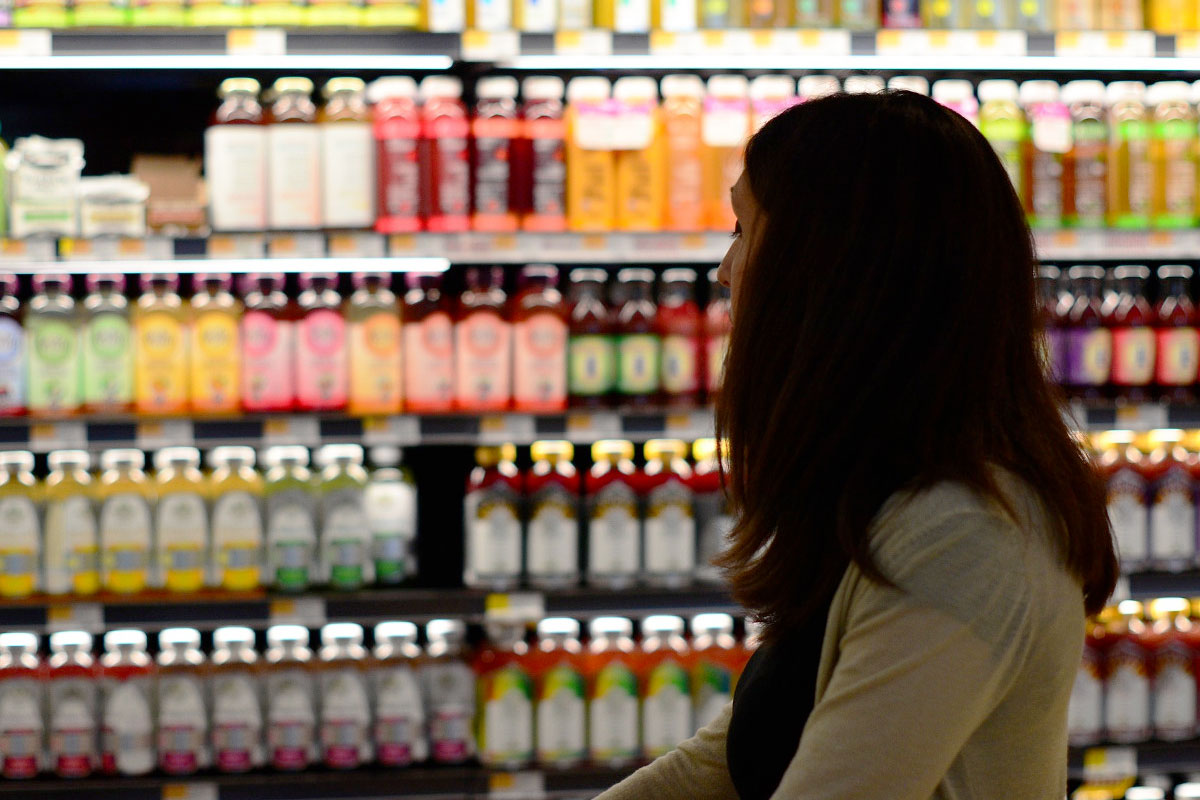
Numerator continues to track purchase data and survey verified buyers to understand shifts in consumer behavior in the United States. The company’s trends dashboard provides insight into private label manufacturers across channels, consumer groups, and categories. Here’s what they learned according to Supermarket News magazine.
First of all, private label accounts for 17.8% of total CPG spending, down slightly in the second quarter of 2023 vs. YA (-0.4 percentage points). The dollar share increased in Q2 of 2023, while health and beauty (-0.63 points), grocery (-0.4 points), and household (-0.17 points) saw decreases.
Find authentic Italian F&B products on the Italianfood.net platform
Purchasing private label products to save money is more likely among high-income and middle-income households (37.9% and 39.1% of consumers surveyed, respectively) compared to low-income households (31.7%). The sentiment that price is more important than brand name is most common among low-income consumers (30.3% vs. 27.2% for all consumers). Selected categories like wine, cheese, disposable diapers, and pet food are seeing private label share increases. All tracked categories in the health and beauty sector saw slight share declines in the latest quarter.
Walmart and Costco remain the private-label leaders across all tracked retailers (28.2% and 14.9% share, respectively). Looking at household penetration, Smart Way (+4.5 points), Amazon Basics (+1.5 points), and Aldi (+1.4 points) are the top three fastest-growing CPG brands in Q2 of 2023. Kroger’s Smart Way is currently the fastest-growing brand while the most popular CPG brands by household penetration are Great Value (72%), Equate (53.1%), Marketside (46.8%), Freshness Guaranteed (41.4%), and Walmart (32.7%).
